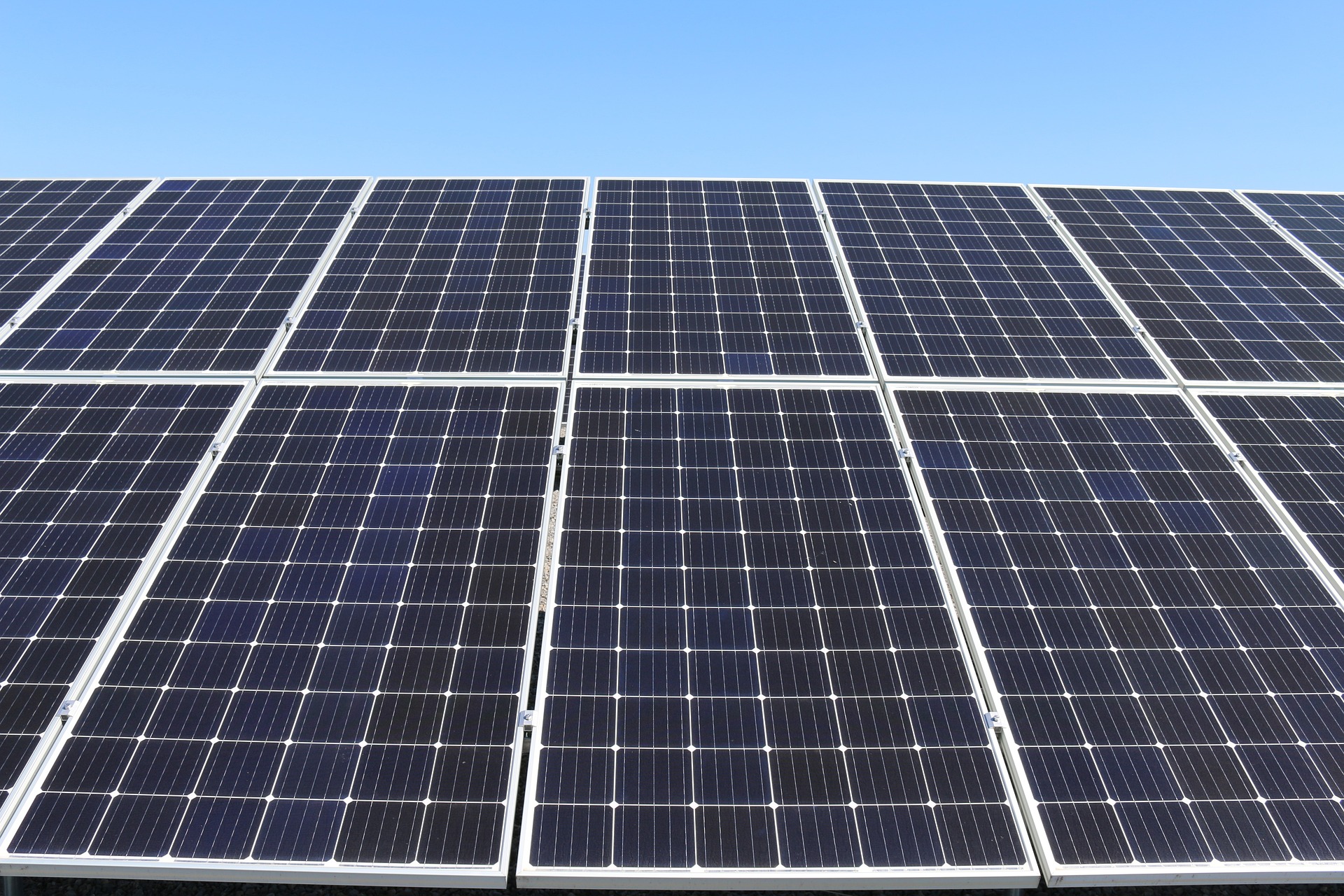Power Generators: An Overview of Types, Applications, and Sustainable Options
Power generators are essential devices that convert various forms of energy into electrical power. They play a crucial role in providing backup electricity during outages, supplying power in remote locations, and supporting a wide range of industrial and residential needs. This article explores different types of power generators, their applications, and the growing importance of sustainable options like solar power generators.
What are the main types of power generators?
Power generators come in various forms, each with its own set of characteristics and applications. The most common types include:
-
Diesel generators: Known for their reliability and efficiency, diesel generators are widely used in industrial settings and as backup power sources for large buildings.
-
Natural gas generators: These generators offer cleaner operation compared to diesel and are often used in residential and commercial applications where natural gas lines are available.
-
Gasoline generators: Portable and relatively inexpensive, gasoline generators are popular for small-scale residential use and outdoor activities.
-
Solar power generators: Harnessing energy from the sun, these generators provide a renewable and environmentally friendly power source.
-
Wind turbine generators: Utilizing wind energy, these generators are typically used in large-scale power production but can also be applied in smaller residential settings.
-
Hydroelectric generators: These generators convert the energy of flowing water into electricity and are used in large-scale power production near suitable water sources.
How are power generators used in residential and industrial settings?
Power generators serve various purposes in both residential and industrial environments:
Residential applications:
-
Backup power during outages
-
Off-grid living in remote areas
-
Powering outdoor events and activities
-
Supporting home-based businesses
Industrial applications:
-
Continuous power supply for critical operations
-
Emergency backup for manufacturing facilities
-
Temporary power for construction sites
-
Mobile power solutions for events and field operations
The choice of generator depends on factors such as power requirements, fuel availability, and environmental considerations.
What are the benefits and applications of solar power generators?
Solar power generators offer several advantages and can be used in various scenarios:
Benefits:
-
Clean, renewable energy source
-
Low operating costs after initial investment
-
Silent operation
-
Minimal maintenance requirements
-
Scalable from small portable units to large-scale installations
Applications:
-
Off-grid homes and remote cabins
-
Emergency preparedness kits
-
Outdoor recreational activities (camping, RVing)
-
Supplementing grid power to reduce electricity bills
-
Powering small electronic devices in areas without access to traditional power sources
Solar power generators are becoming increasingly popular due to their environmental benefits and long-term cost-effectiveness.
How do solar power generators contribute to efficient and sustainable energy?
Solar power generators play a significant role in promoting efficient and sustainable energy use:
-
Reduced carbon footprint: Solar generators produce clean energy without emitting greenhouse gases or other pollutants.
-
Energy independence: By generating their own electricity, users can reduce reliance on the grid and fossil fuels.
-
Renewable resource utilization: Solar energy is abundantly available and can be harnessed without depleting natural resources.
-
Long-term cost savings: While initial costs may be higher, solar generators can provide significant savings on energy bills over time.
-
Technological advancements: Ongoing improvements in solar panel efficiency and energy storage technologies are making solar generators increasingly viable for a wider range of applications.
What are reliable power generation options for different needs?
Selecting a reliable power generator depends on specific requirements and circumstances:
-
Standby home generators: Natural gas or propane-powered units that automatically activate during power outages are ideal for residential backup power.
-
Portable generators: Gasoline-powered models offer flexibility for outdoor use, construction sites, and emergency situations.
-
Industrial generators: Large diesel or natural gas generators provide reliable power for factories, data centers, and other high-demand facilities.
-
Solar generator systems: Combining solar panels with battery storage, these systems offer sustainable power for both residential and commercial use.
-
Hybrid systems: Combining renewable sources like solar with traditional generators can provide reliable power while reducing environmental impact.
When choosing a power generator, consider factors such as power output, fuel type, portability, noise levels, and maintenance requirements to ensure the best fit for your specific needs.
| Generator Type | Typical Applications | Key Features | Estimated Cost Range |
|---|---|---|---|
| Portable Gasoline | Camping, small home backup | Lightweight, affordable | $300 - $1,500 |
| Standby Home Generator | Whole-house backup | Automatic operation, high output | $3,000 - $15,000 |
| Solar Generator Kit | Off-grid, emergency prep | Clean energy, low maintenance | $1,000 - $5,000 |
| Industrial Diesel | Large-scale operations | High power output, durable | $10,000 - $50,000+ |
| Natural Gas Whole-House | Residential backup | Clean-burning, convenient fuel | $5,000 - $20,000 |
Prices, rates, or cost estimates mentioned in this article are based on the latest available information but may change over time. Independent research is advised before making financial decisions.
Power generators are versatile devices that provide essential electricity in various settings. From residential backup solutions to industrial-scale power production, generators play a crucial role in ensuring continuous power supply. As technology advances, sustainable options like solar power generators are becoming increasingly popular, offering clean and efficient energy solutions for a wide range of applications. When selecting a power generator, it’s important to consider specific needs, environmental impact, and long-term costs to find the most suitable and reliable option.





